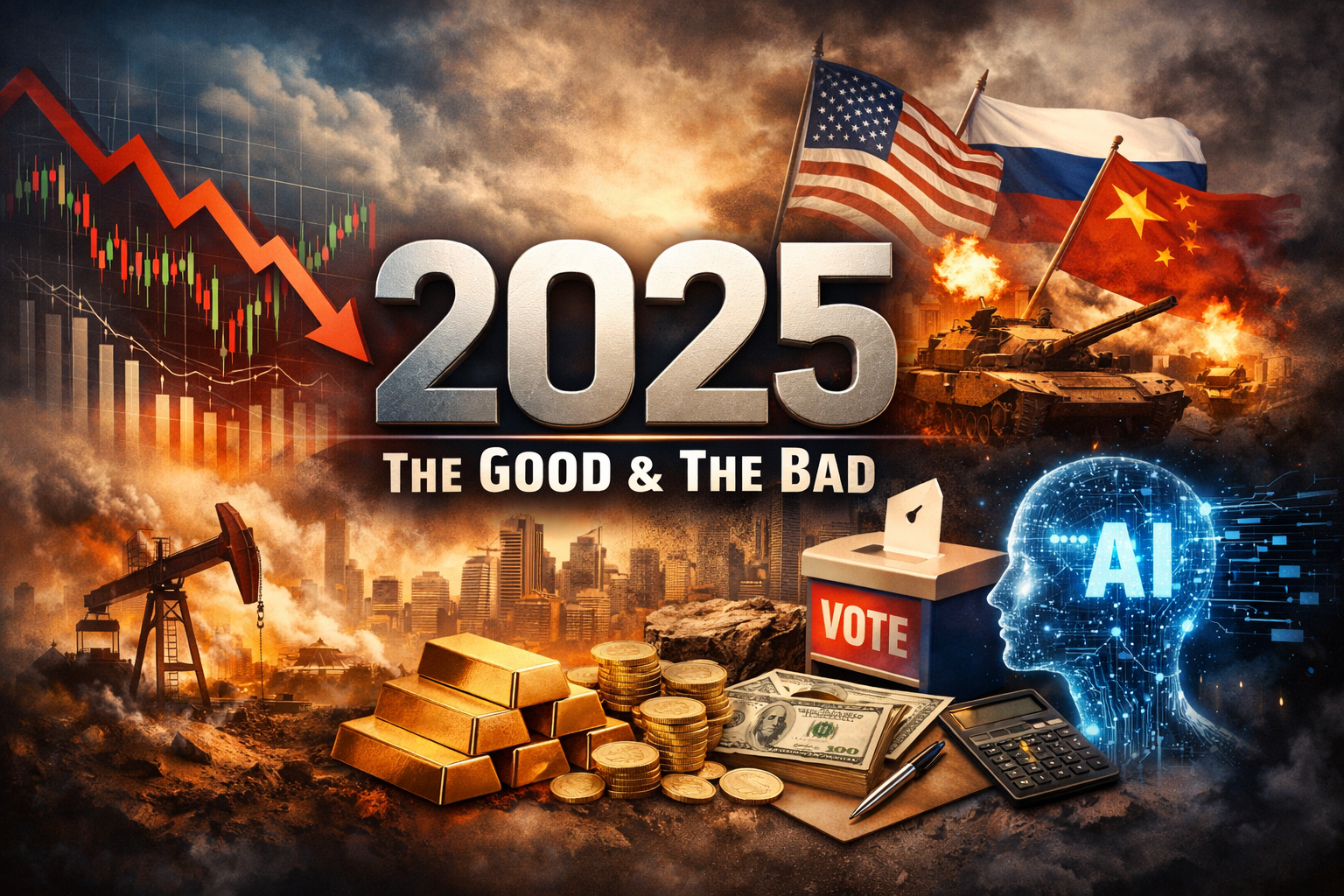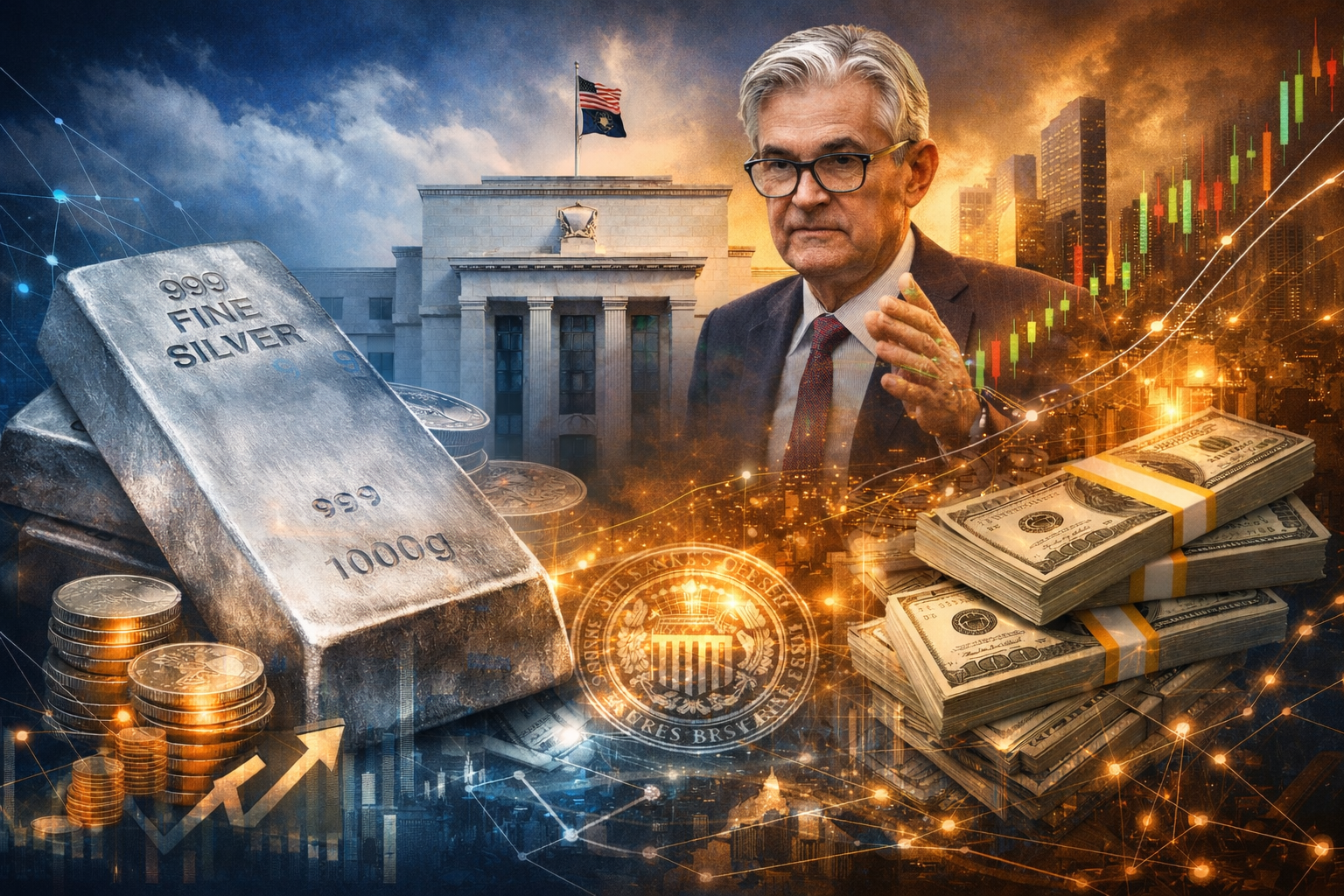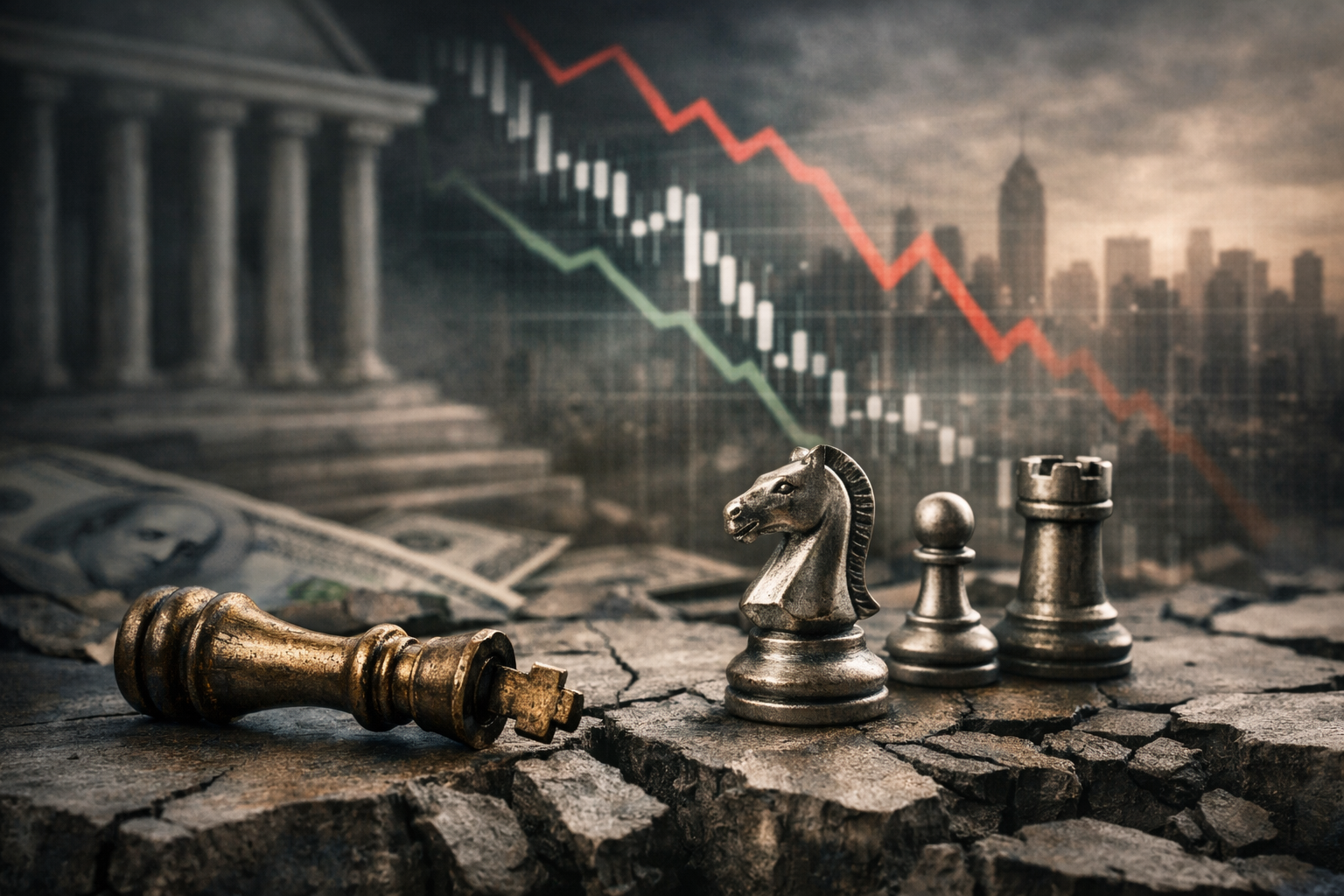Jamie Dimon Issues Stark Warnings
Are We Heading for a Recession After All? (Yes)
For months now, markets have seemed strangely buoyant. Despite two wars, rising debt levels, sticky inflation, and the most aggressive interest rate tightening cycle in 40 years, equities continue to trade near all-time highs. But not everyone is convinced the storm has passed — and few voices carry more weight than Jamie Dimon, the long-time CEO of JPMorgan Chase.
Dimon is no stranger to tough calls. He’s been at the helm of one of the world’s largest banks through multiple crises — including the Great Financial Crisis of 2008. And in recent weeks, he’s become more vocal about the gathering risks that, in his view, are not being fully appreciated by the markets. His message is clear: a recession remains very possible, and current conditions warrant caution.
1. “The Real Numbers Will Deteriorate Soon”
At the June 2025 Morgan Stanley Financials Conference, Dimon warned that the economy’s recent strength may be misleading. He believes many of the headline numbers — like consumer spending and job growth — are still being buoyed by pandemic-era savings and stimulus effects. But as those supports fade, Dimon says there’s a “real chance that numbers will deteriorate soon.”
He pointed to a weakening labor force, largely due to falling immigration and demographic trends, and noted that a slowing economy paired with persistent inflation could cause real pain. Dimon is essentially saying that the soft landing narrative — one where inflation is tamed without a recession — may prove to be an illusion.
2. Warning About Credit Markets
One of Dimon’s most sobering warnings involved the private credit markets. While investors have poured money into these instruments in search of yield, Dimon believes many are overpaying for risk. Tight spreads and high valuations have made it one of the least attractive times in decades to be long credit, he argues.
In his words: “You don’t want to be the one holding the risk when the music stops.” This is a sobering message for retirees or anyone holding high-yield or private debt instruments in their portfolio. It’s also a reminder that what looks like safety or yield can turn out to be highly exposed in a downturn.
3. “Markets Are Complacent”
In an earlier interview with Fox Business in June, Dimon said something that should give every investor pause: “Markets feel complacent right now.” In his view, too many investors are assuming the best — that inflation will continue to fall, the Fed will cut rates soon, and that economic momentum will carry us through.
But that optimism, he argues, ignores some glaring realities:
Massive and growing U.S. fiscal deficits
An increasingly fractured geopolitical landscape
Sky-high valuations in tech and growth sectors
Structural inflation in food, energy, and housing
He also raised concerns about the U.S. bond market — warning that unless fiscal policy changes, we are likely to see a “crack” in bond valuations. When the world’s largest bank CEO says the bond market could break, it’s not hyperbole — it’s a warning shot across the bow.
4. Tariffs and Trade Still Loom Large
At a separate appearance in Paris earlier this year, Dimon acknowledged that some easing in trade tensions between the U.S. and China has reduced short-term recession risk. But he was quick to point out that tariffs remain a huge overhang on global growth.
He believes that if these policies aren’t reformed, they will act as a tax on consumers and a drag on real wages — pushing the economy toward contraction, especially if inflation stays elevated. The risk isn’t just a typical downturn — it’s stagflation: low growth, high inflation, and eroding real returns for investors.
5. Why This Matters for Investors and Retirees
At Bailey Financial Services, we believe these warnings are too important to ignore. Many retirees — or those approaching retirement — are sitting on portfolios heavily exposed to overvalued stocks or under-diversified fixed income. In a world where everything is priced for perfection, even a modest surprise could wipe out a year’s worth of gains.
Dimon is not a pessimist. He’s not saying a crash is guaranteed. What he is saying is that risk is rising — and that now is the time to be vigilant, not complacent. That’s the exact same message we’ve been sharing with our clients for the past year.
Our investment systems are already positioned with that risk in mind. We’ve taken defensive steps to help our clients sidestep potential market drawdowns, while keeping our eye on opportunities that may emerge when the correction — and eventual recovery — takes shape. Our relationship with AssetMark gives us access to institutional-grade tools, timely due diligence, and reallocation systems that help us act quickly when the tides shift.
6. A Wake-Up Call for Fiscal Reality
Dimon’s comments also speak to something deeper — a loss of fiscal discipline in the U.S. government. The Federal Reserve may want to cut rates, but with inflation running above target and debt levels ballooning, they’re stuck between a rock and a hard place. Fiscal recklessness at the federal level is not just a political talking point; it’s a structural risk that threatens bond markets, retirement plans, and ultimately the value of your dollar.
As Dimon put it: “You can’t borrow indefinitely without consequences.” And those consequences may arrive faster than most investors are prepared for.




